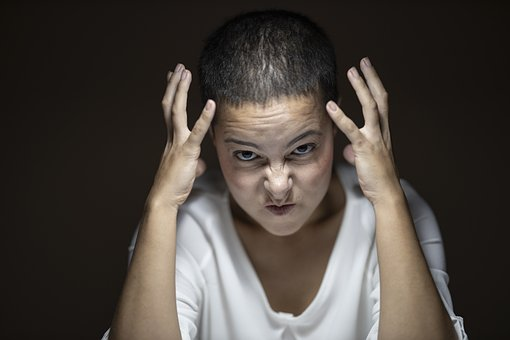Unlocking the Power of Art Therapy: A Guide to Discovering its Benefits
Art therapy is a form of therapy that incorporates the use of creative expression and art-making to improve emotional and mental well-being. This therapeutic practice has been used for centuries as a form of self-expression and has been known to offer numerous benefits. In this article, we will discuss the benefits of art therapy and why it can be a helpful tool in treating various mental health conditions.
1. Improved Self-Awareness and Expression
Art therapy provides a safe and non-judgmental space for individuals to express their emotions, thoughts, and experiences. By creating art, individuals can tap into their inner selves and explore their feelings in a more meaningful and profound way. Art therapy encourages self-reflection and fosters greater self-awareness, leading to a better understanding of oneself and improved emotional expression.
2. Reduced Stress and Anxiety
Creating art can be a meditative and calming experience that helps to reduce stress and anxiety. Engaging in the creative process has been found to promote relaxation and the release of tension, resulting in a more peaceful state of mind. Art therapy is particularly helpful for those who struggle with anxiety, as it provides an outlet for individuals to express their worries and fears in a safe and supportive environment.
3. Enhanced Emotional Resilience
Art therapy can help individuals develop greater emotional resilience, enabling them to cope with life's challenges more effectively. By creating art, individuals learn to express their emotions in a healthy and constructive manner, which can help them process difficult emotions and experiences. Art therapy can also help individuals develop problem-solving skills and a greater sense of empowerment, which can lead to greater emotional resilience.
4. Improved Cognitive Function
Studies have shown that engaging in art-making can improve cognitive function, including memory, attention, and problem-solving abilities. Art therapy can help individuals develop their cognitive skills by stimulating the brain's creative and analytical processes. Art therapy has also been shown to improve communication skills, spatial awareness, and fine motor skills.
5. Increased Self-Esteem and Confidence
Art therapy can help individuals build self-esteem and confidence by providing them with a sense of accomplishment and pride in their creative work. Creating art can be a challenging and rewarding experience, and the process of completing a piece can be a source of personal achievement. Art therapy can help individuals develop a positive sense of self, leading to greater self-confidence and a more positive self-image.
6. Enhanced Interpersonal Relationships
Art therapy can be a helpful tool in improving interpersonal relationships. By creating art in a group setting, individuals can learn to communicate and collaborate effectively, leading to greater empathy and understanding. Art therapy can also provide a safe and supportive space for individuals to share their thoughts and feelings, leading to improved interpersonal connections.
7. Improved Physical Health
Art therapy has been found to have numerous physical health benefits, including reduced pain and improved immune function. Engaging in creative activities has been shown to release endorphins, which can help to reduce pain and promote feelings of well-being. Art therapy can also help to lower cortisol levels, which can lead to improved immune function and overall physical health.
In conclusion, art therapy is a powerful tool for promoting emotional and mental well-being. By providing a safe and supportive space for creative expression, art therapy can help individuals improve self-awareness, reduce stress and anxiety, develop emotional resilience, improve cognitive function, build self-esteem and confidence, enhance interpersonal relationships, and improve physical health. If you're struggling with mental health issues, consider giving art therapy a try!

Comments
Post a Comment